Effective Communication for Managing Anxiety and Building Relationships
Navigating relationships as a teen can be daunting and overwhelming. But understanding the importance of clear and honest communication isn’t just about getting through conversations – it’s also about managing anxiety and finding support. Let’s explore why good communication matters, some practical tips to improve your skills, and how some counselling techniques can help you along the way.
Ways to Build Effective Communication
Active Listening
Good communication isn’t just about talking; it’s about listening. Active listening means really tuning into what the other person is saying, without thinking about what you’ll say next or checking your phone! When you’re truly listening, you’re showing that you care about what the other person has to say. That can help you build stronger connections and reduce feelings of anxiety and isolation.
Being Assertive
Being assertive is another important part of communication. It means standing up for yourself and expressing your thoughts and feelings in a clear, but respectful way. It’s also about being confident – in both who you are and what you need. When you’re assertive, you’re more likely to feel in control of a situation, which can help reduce feelings of anxiety and stress. Being assertive is a skill you can learn and practise with your friends and family, but if you’re facing trouble, counselling can be a great way to build on it. You’ll be supported through roleplays and given valuable feedback in an honest and empathetic environment.
Nonverbal Communication
Nonverbal communication, like body language, can also play a big role in how we communicate. Being aware of our body language helps us understand how we’re speaking to others. Making small changes in the way we portray ourselves to others, like standing a little straighter or speaking less softly, can also instil confidence in social situations. In the counselling room, counsellors help you to become more aware of these cues and teach you how to express yourself more effectively.
Empathy
Nonverbal communication, like body language, can also play a big role in how we communicate. Being aware of our body language helps us understand how we’re speaking to others. Making small changes in the way we portray ourselves to others, like standing a little straighter or speaking less softly, can also instil confidence in social situations. In the counselling room, counsellors help you to become more aware of these cues and teach you how to express yourself more effectively.
So, how do we put all of this together into practice? Start by really listening to the people around you, and within that conversation, express your thoughts and feelings in a clear and respectful way. Pay attention to your body language and how you respond, both verbally and nonverbally when you’re listening and speaking. And as you listen and reflect on what others are telling you, try to understand where they’re coming from even if you don’t agree. These are ways to help you strengthen effective communication, but if you feel stuck – seek a counsellor to guide you through the process. Counselling can provide a variety of tools and techniques to reduce your anxiety and strengthen your communication and bond with others.
Share This Story, Choose Your Platform!

Jowena Cheng
Trainee Counsellor/Behaviour Therapist
About the author Jowena:
Jowena has rich bicultural experience having grown up in the United States for over 16 years before moving back to Singapore permanently in 2014. Her professional experience expands over seven years and includes work as a behavioural therapist, associate psychologist, and assistant manager at a private counselling centre. She has worked with children, adolescents, and young adults from a variety of populations ranging from special needs to prison services.





